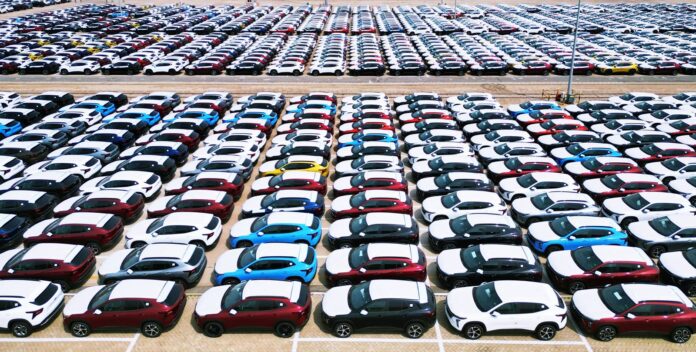Here is a summary of the content in 30 words:
“Chinese electric vehicle (EV) companies are dominating the Southeast Asian market due to competitive pricing, advanced technology, and strategic partnerships, with a 53% global market share and 60% of global EV sales.”
Chinese Companies in Emerging Markets
Chinese companies are expanding in emerging markets like Southeast Asia, driven by rising demand for electric vehicles (EVs). Competitive pricing gives Chinese EVs an edge over their Western and Asian counterparts. China now leads global EV production, with nearly 60% market ownership. Brands such as BYD, SAIC Motor Corp-owned MG, and Nio dominate over 53% of the global EV market. Notably, China’s export value of electric car batteries soared from US$8.59 billion in 2021 to US$34.13 billion by 2023.
Factors Driving China’s Dominance
China’s dominance in Southeast Asia’s EV market stems from early investments, advanced technology, and strategic partnerships. Government incentives in countries like Thailand and Indonesia have also played a crucial role. In 2023, EV demand in Southeast Asia surged by 894% year-on-year, largely fulfilled by Chinese brands. Trade tensions with the U.S. and Europe have further pushed China to focus on developing markets. Global EV sales are booming too, with nearly one in five cars sold in 2023 being electric, driven by strong policies and incentives in major markets like China, Europe, and the U.S.
Southeast Asia, comprising countries such as Indonesia, Malaysia, Thailand, and the Philippines, has been a hotspot for electric vehicle (EV) growth in recent years. However, instead of local players dominating the market, Chinese companies have taken the reins. BYD, a Chinese EV manufacturer, has been at the forefront of this takeover, securing significant deals with governments and private companies across the region.
In Indonesia, BYD partnered with the state-owned energy company, Pertamina, to develop the country’s EV ecosystem. The partnership involves the development of EV charging infrastructure and the adoption of BYD’s EV models by Pertamina’s subsidiaries. This deal is expected to propel Indonesia’s EV market, which is already the largest in Southeast Asia.
In Malaysia, BYD has partnered with the country’s largest automaker, Proton, to produce EVs. The joint venture will see the production of BYD’s EV models at Proton’s factory, which will then be sold in Malaysia and exported to other Southeast Asian countries. This partnership is expected to reduce Malaysia’s reliance on foreign EV imports and boost the country’s EV adoption rates.
Thailand has also fallen under China’s EV influence, with Great Wall Motor, another Chinese automaker, investing heavily in the country’s EV industry. Great Wall Motor has established a manufacturing facility in Thailand, which will produce EVs for the local market and export to other Southeast Asian countries. The Thai government has also offered incentives to encourage EV adoption, including tax breaks and subsidies for EV buyers.
The Philippines is the latest country to fall under China’s EV sway, with BYD partnering with the country’s largest conglomerate, Ayala Corporation, to develop the country’s EV infrastructure. The partnership will see the rollout of EV charging stations across the country, making it easier for Filipinos to adopt EVs.
Chinese companies have been successful in Southeast Asia due to their competitive pricing, advanced technology, and willingness to invest in local markets. While local players are still present, they are struggling to compete with the might of Chinese companies. As a result, China has taken over the Southeast Asia EV market, and it’s likely to remain that way for the foreseeable future.



